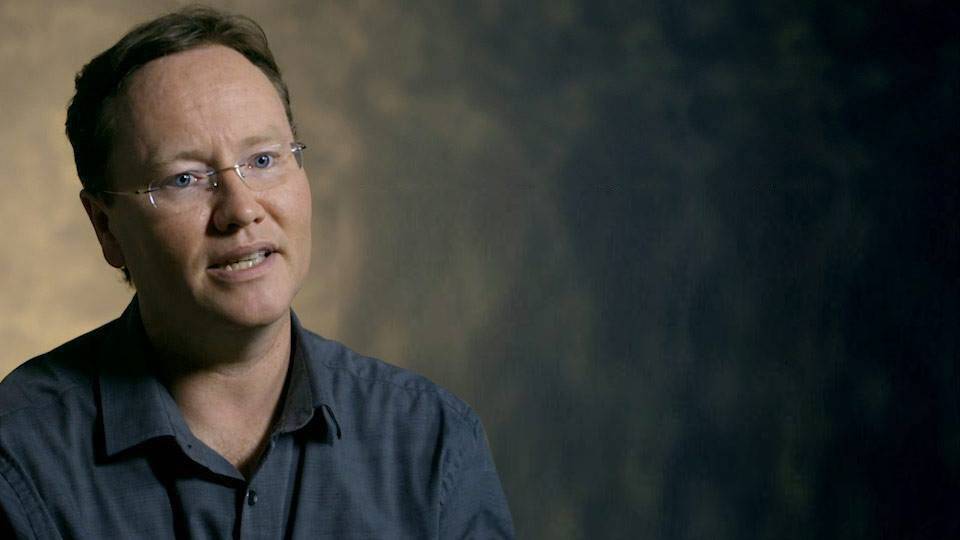The Historical Jesus: Separating Fact from Fiction
Mark Goodacre guides CNN viewers through a six-part series

Mark Goodacre is something of a Biblical sleuth. A leading New Testament scholar, he is often tapped to sort out hoax from authentic evidence when someone announces a new “discovery” from the early Christian era.
So when CNN launched a six-part series on the historical Jesus, the network turned to Goodacre to help sort fact from fiction. He served as series adviser for the first season of “Finding Jesus: Faith, Fact, Forgery” in 2015. Now he returns as lead adviser on the program’s second season, which premieres Sunday, March 5, at 9 p.m. on CNN. The series continues for six weeks, airing on successive Sunday nights.
Goodacre, a professor of New Testament and Christian origins in Duke’s religious studies department, helped plan the series and served as the production’s lead fact-checker. He also appears in each episode along with other scholars of early Christianity.
“The big worry about any documentary in our area is, ‘Will it be sensationalist? Will it represent my field badly?’” Goodacre said. “The nice thing about this series is that it is robust academically, as well as being good TV.”
The series blends reenactment with scholarly commentary. Each episode homes in on a key character or location that figured in Jesus’ life, examining what contemporary scientific evidence, history and archaeology reveal about the world of the historical Jesus.
For instance, an episode about Pontius Pilate considers physical evidence about the man who ordered Jesus’ crucifixion. In this case, the archaeological record contains rich sources, including coins minted by Pilate, Goodacre said.
Another episode visits the site of a first-century home in Nazareth to illustrate the sort of home Jesus would have lived in.
“In the popular mind, science and religion are often opposed,” Goodacre said. “In this series we take a scientific mindset – an investigative, critical mindset – and apply it to discussion of the New Testament, the historical Jesus and figures around him.”
“The series doesn’t take a religious stand,” Goodacre added. “Instead, it looks at the historical reality behind the text and the stories.”
Knowledge about that ancient reality is always changing and growing, he added, thanks to investigations by historians, scholars of religion and others in the humanities.
“Science is about gaining greater knowledge, and we in the humanities do that, too,” Goodacre said.
“There is all sorts of investigative research one can do on this material, so we are discovering new things all the time.”
The series will air on Sunday evenings unless preempted by news.
“We only get Jesus if there aren’t major breaking news stories,” Goodacre said.